Crocodiles, camels and cobras are just some examples of the more than 140 “dangerous” animals that are privately owned in Scotland, according to new data.
Wildlife charity The Born Free Foundation obtained figures through freedom of information requests to find the exotic creatures currently living in the country under private ownership.
But the organisation said there could be many more being kept without a licence.
The 148 that are known of include 11 crocodiles in Aberdeenshire, four camels in Dumfries and Galloway, two alligators in Clackmannanshire, and 31 wild boar in East Ayrshire.
“It is unbelievable that, in this day and age, so many dangerous animals, including big cats, large primates, crocodiles and venomous snakes, continue to be legally kept in people’s homes in the UK,” said Dr Mark Jones, Born Free’s head of policy.
What wild animals are being kept in Scotland as pets?
Snakes
There are currently two snakes being kept with licences in Scotland – they are both in Aberdeen City. There is a diamondback rattlesnake and a monocled cobra. Both species are highly venomous.
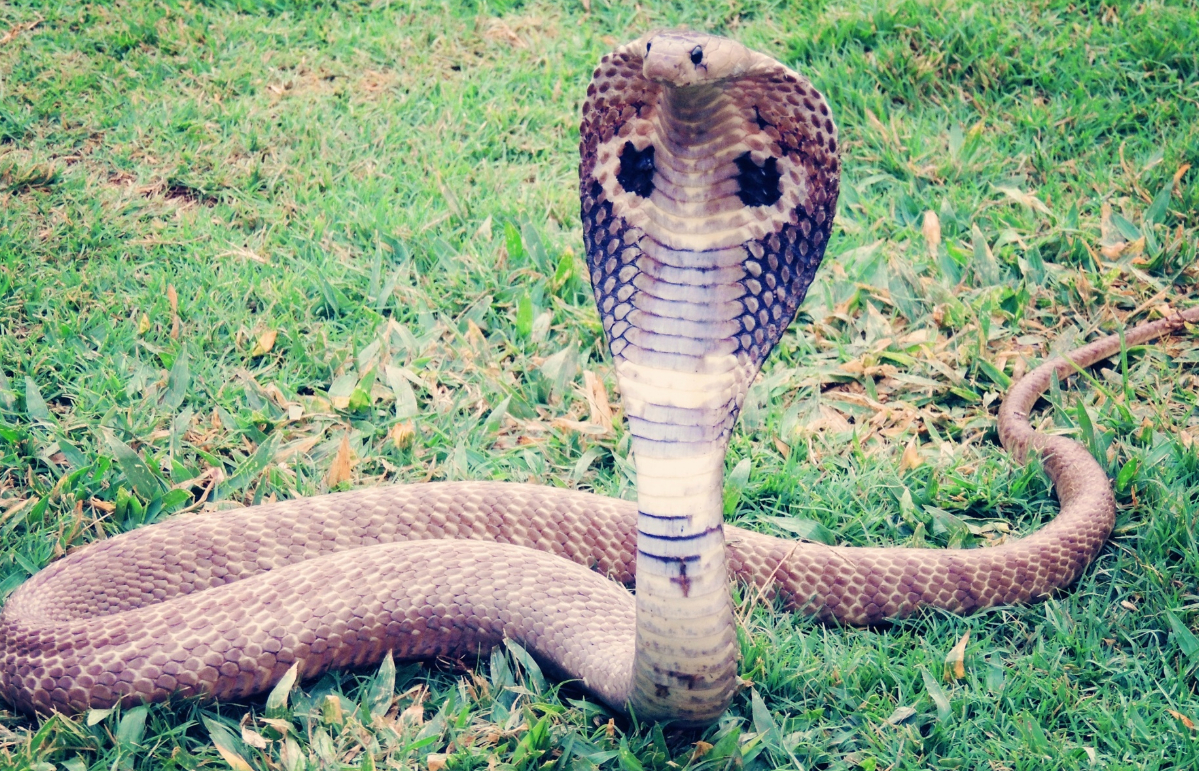 Born Free via Supplied
Born Free via SuppliedCaimans
Caimans usually inhabit Mexico and Central and South America but there are eight living in Clackmannanshire. Among these are the cuvier’s caiman, broad-snouted caiman, and the spectacled caiman.
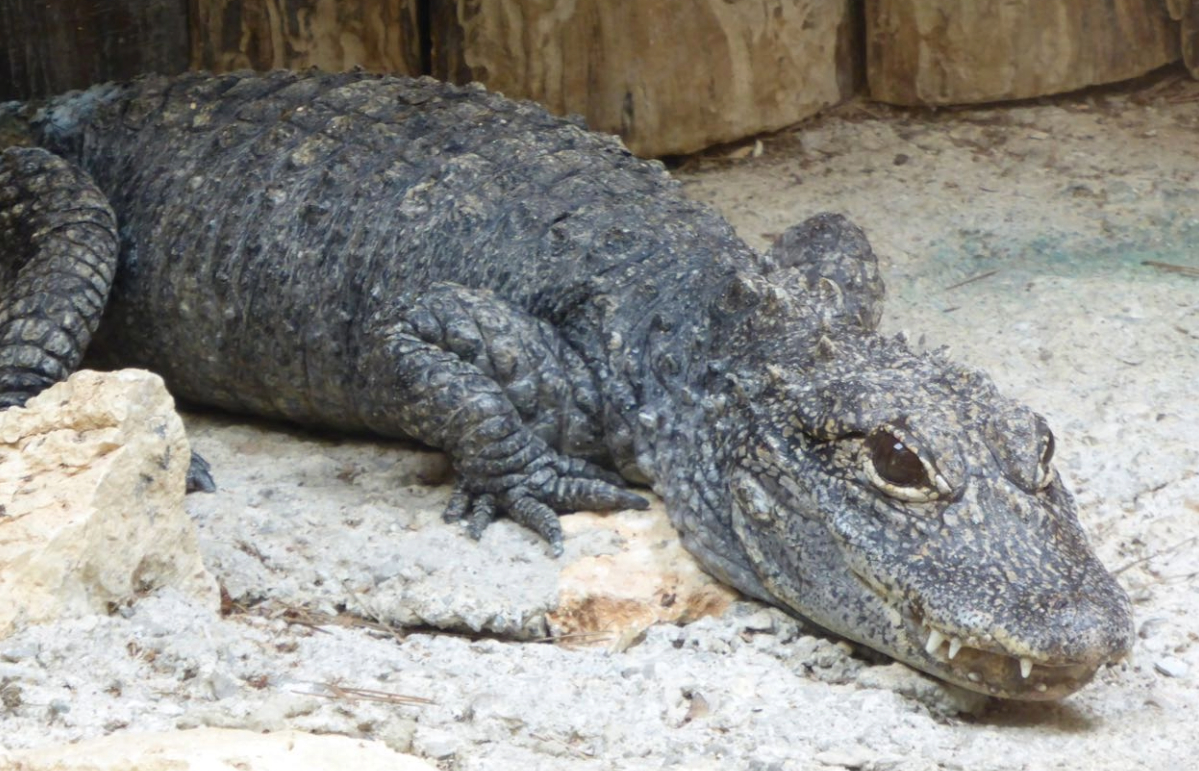 Born Free via Supplied
Born Free via SuppliedCrocodiles
Crocodiles are normally found in Africa, Asia, the Americas and Australia. There are currently 11 crocodiles living in Angus.
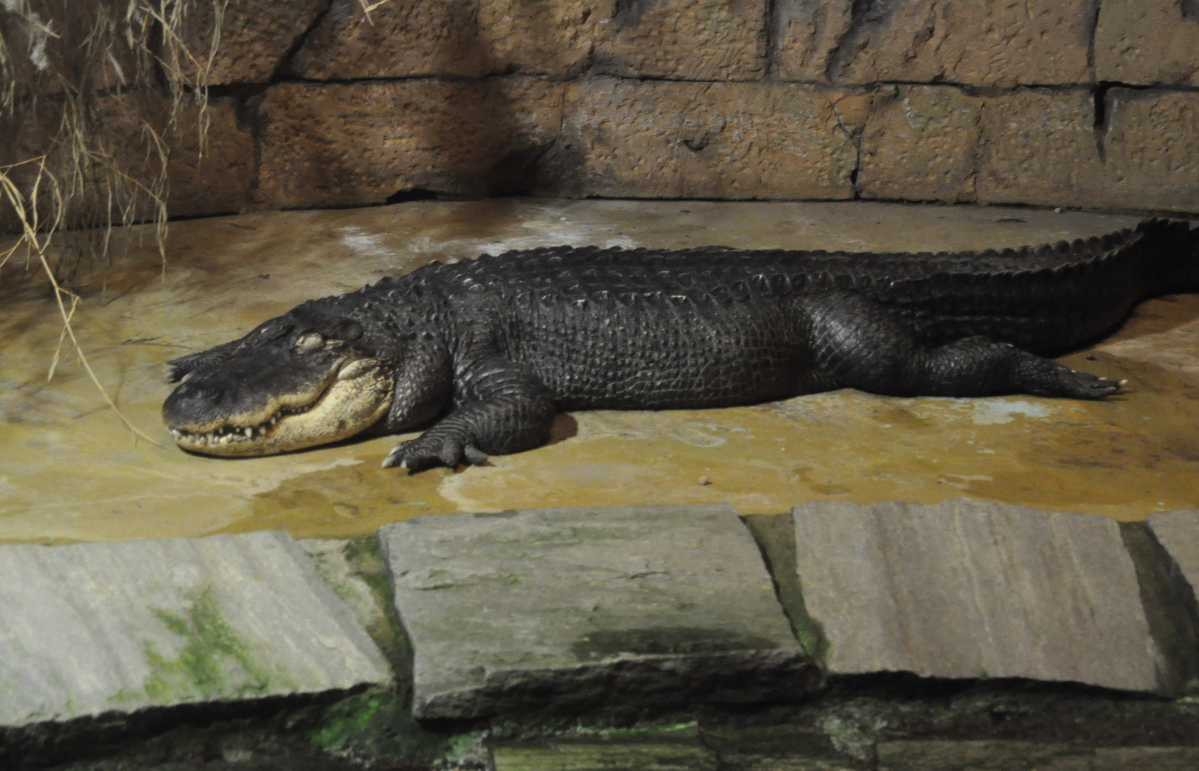 Born Free via Supplied
Born Free via SuppliedWild Cats
There are 11 wild cats being kept as pets across Scotland – in Falkirk, Fife, and Moray. There are five savanah cats, five servals and a jaguarundi.
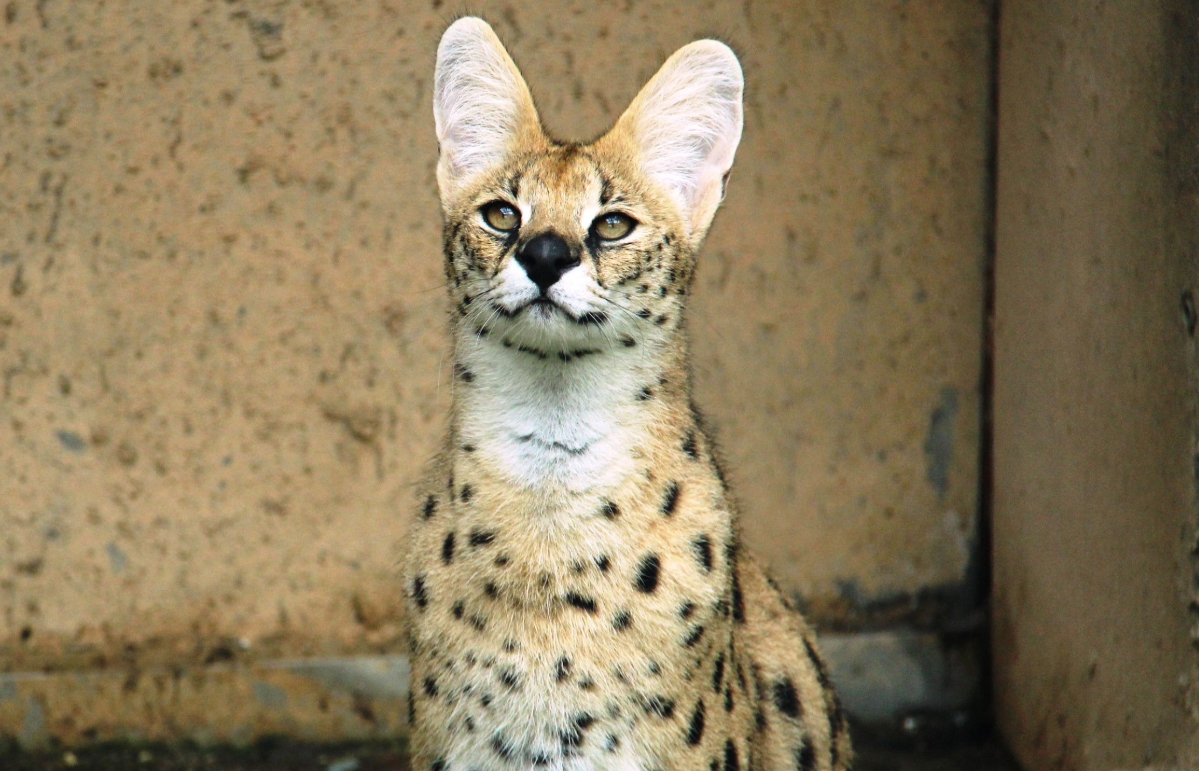 Born Free via Supplied
Born Free via SuppliedWild Boar
There are 31 wild boar living in East Ayrshire.
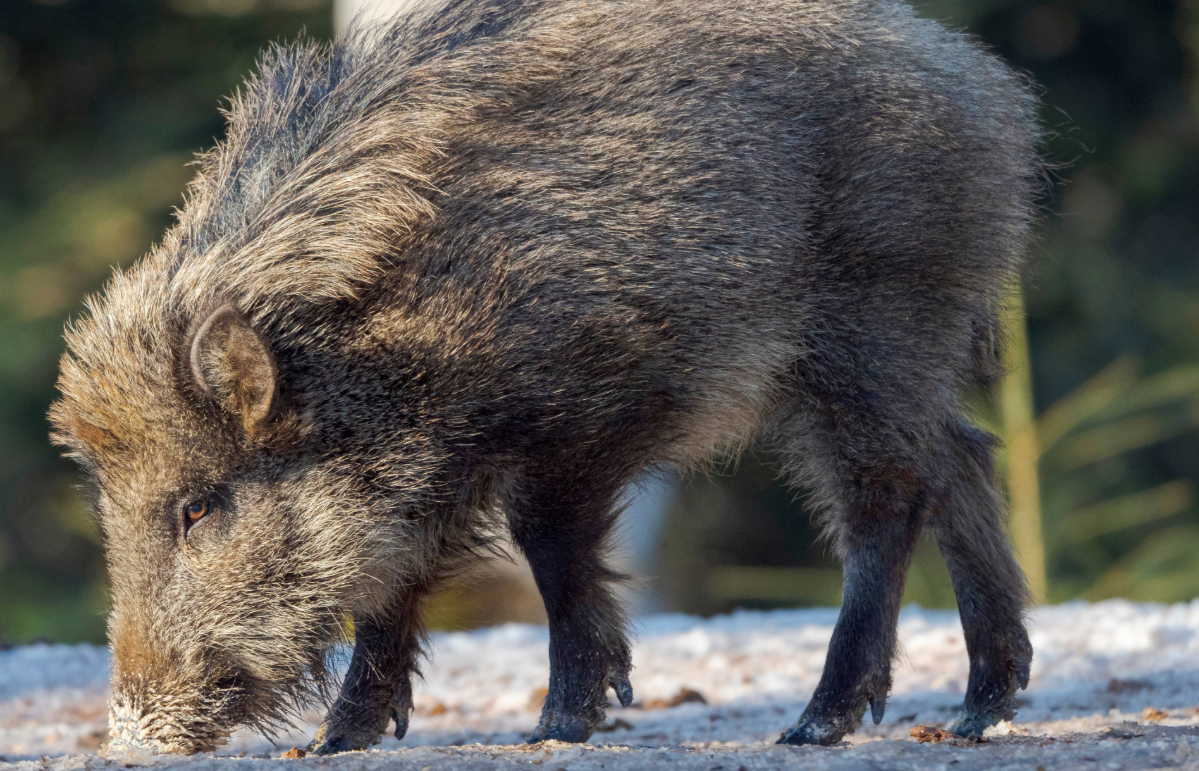 Born Free via Supplied
Born Free via SuppliedGila Monster
There are four venomous gila monsters being treated as pets in Clackmannanshire.
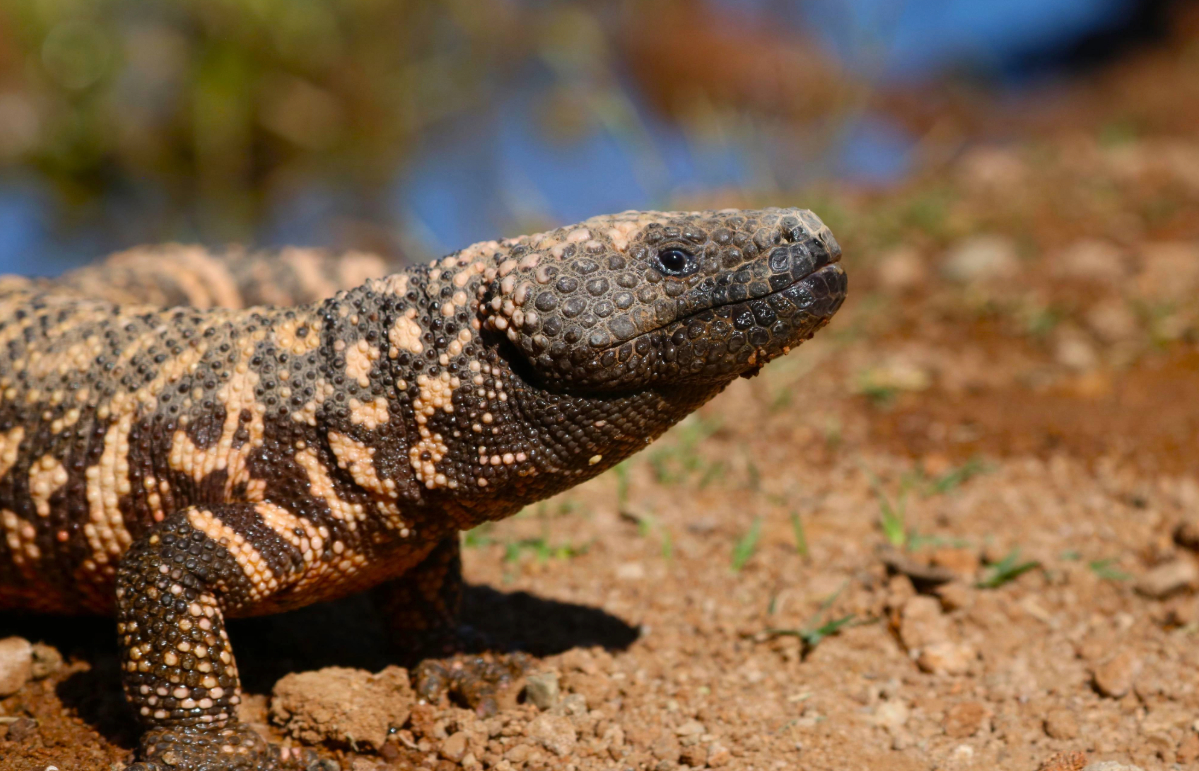 Born Free via Supplied
Born Free via SuppliedThe Born Free Foundation said an overhaul of current legislation on the keeping of animals categorised as dangerous is a “matter of urgency”.
Dr Jones said: “Increasing demand for and trade in all kinds of wild animals as exotic pets puts owners and the wider public at risk of injury or disease. It also results in serious animal suffering, and the demand increases the pressure on many wild populations which are often already under threat.
“The UK likes to claim to be at the forefront of efforts to protect nature and improve the welfare of animals, yet our legislation governing the keeping of and trade in exotic pets is woefully outdated.
“The Dangerous Wild Animals Act should be overhauled as a matter of urgency, in order to phase out the private keeping of those species that clearly don’t belong in people’s homes.”
Chris Lewis, Born Free’s captivity research officer, added: “The Dangerous Wild Animals Act was intended to make the keeping of such animals categorised as ‘dangerous’ a wholly exceptional circumstance. However, Born Free’s ongoing research paints a very different picture.
“Many members of the public will rightly be shocked to learn of so many animals being kept by private keepers. Yet, at its core, the Act is based upon the assumption that it is possible to keep dangerous wild animals in a way that minimises or eliminates risk to the public and in a manner that meets an animal’s welfare needs.
“This has resulted in legislation being reactionary, struggling to keep pace with ever-changing scientific evidence and becoming increasingly out-of-date. The regulations pertaining to the keeping and trading of wild animals kept as pets are in urgent need of review.”
The UK Government have been contacted for comment.
Here is the full list of registered wild animals found in the study:
Aberdeen City
- Diamondback rattlesnake: 1
- Monocled cobra: 1
Aberdeenshire
- Ostrich: 12
- Bison: 3
Angus
- Crocodilians: 11
Clackmannanshire
- American alligator: 2
- Cuvier’s caiman: 2
- Broad-snouted caiman: 2
- Spectacled caiman: 4
- Gila monster: 4
Dumfries and Galloway
- Camel: 4
East Ayrshire
- Wild boar: 31
Falkirk
- Serval: 3
- Savannah cat: 1
- Jaguarundi: 1
Fife
- Savannah cat: 1
Moray
- Serval: 1
- Savannah cat: 3
Perth and Kinross
- Bison: 8
- Przewalski’s horse: 4
- Moufflon: 40
Follow STV News on WhatsApp
Scan the QR code on your mobile device for all the latest news from around the country


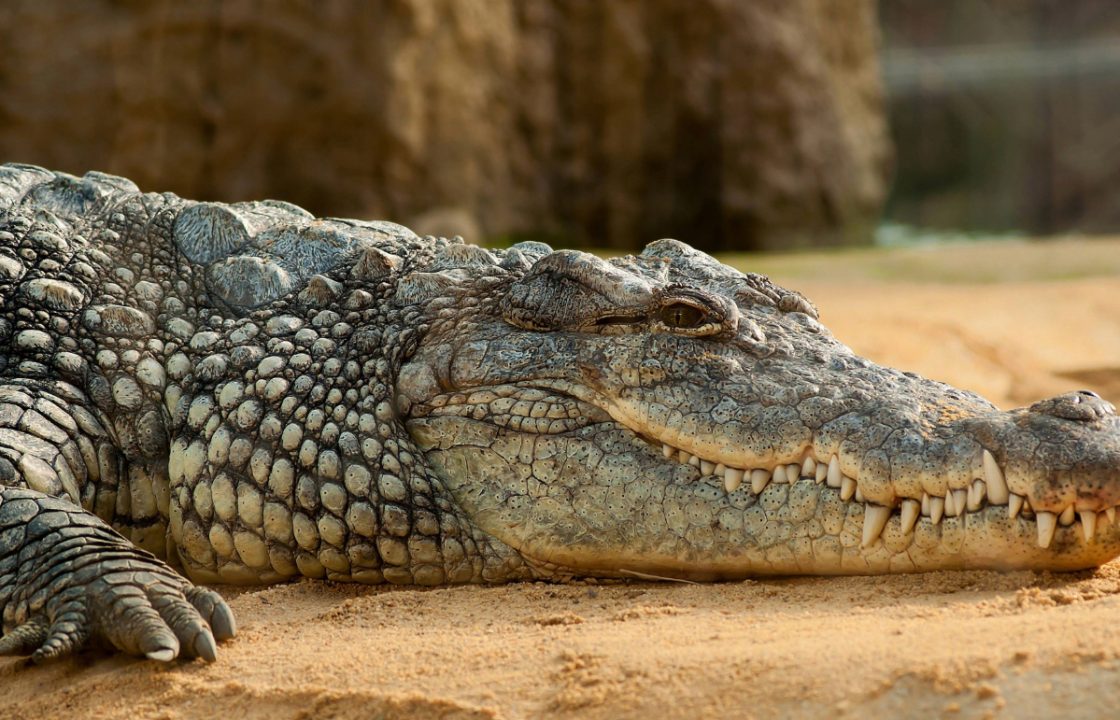 Born Free via Supplied
Born Free via Supplied
























